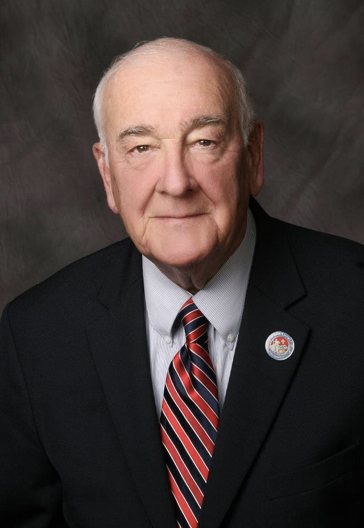Depending on where you live, it’s usually pretty easy to tell whether you can marry your same-sex partner. Has your state’s law been modified by referendum, the legislature, or judicial mandate to allow gay marriages? If so, you’re good to go. Has your state’s constitution been amended to expressly forbid gay marriages? Consider crossing a border—even briefly.
Do you live in New Mexico? Then it’s a little trickier.
In recent weeks, several counties in the Land of Enchantment have taken it upon themselves to legalize same-sex marriage in the absence of any legislative or judicial ban. It all began on Aug. 21, when Lynn Ellins, a county clerk, began issuing marriage licenses to same-sex couples, holding that denial of the licenses would violate both the state and federal constitution. Several other county clerks followed suit, while others protested in court. Thus far, two district judges have issued separate rulings ordering same-sex marriages to proceed in their districts; one ruling was quite narrow, but the other found that same-sex marriage is legal in New Mexico. (Though as a district judge, his ruling remains county-limited.) That makes seven counties in New Mexico where same-sex unions are recognized, encompassing nearly half the state’s population.
Opponents of marriage equality in New Mexico are professing surprise and bafflement, decrying the same-sex marriage drive as illegal and slamming the county clerks’ actions as violating the separation of powers. Some citizens have declared the marriages a violation of “God’s law.” And William Sharer, a Republican state legislator who once encouraged gays to stop “whoring around” and just marry women already, has described the clerks’ actions as “pure lawlessness” and sued to stop the marriages.
But really, same-sex marriage in New Mexico was probably inevitable—and no one knows that better than gay-marriage opponents. For years, groups like the National Organization for Marriage have been pushing for state constitutional bans on same-sex marriage, even in states that were extremely unlikely to legalize such unions. This strategy was based on foresight and pragmatism: NOM et al. knew that absent a state ban, judges or legislators tend to favor equality for all and encode their beliefs in law. Gay marriage opponents didn’t want another Iowa or Massachusetts, so they rushed to create roadblocks to marriage equality while public opinion remained on their side.
New Mexico held the line, however, never explicitly legalizing same-sex marriage but never outright banning it, either. It’s the only state in the union caught in this peculiar limbo—and now it seems poised to prove NOM right. A few Republican legislators plan on contesting the marriages in court, but the state’s Republican governor has for the most part remained mum on the matter. Meanwhile, Democrats have scrambled to grab the issue as their own, vocally supporting the renegade clerks. And the state’s Democratic attorney general has lined up behind marriage supporters, throwing the state’s legal apparatus at least partially behind marriage equality.
But even as the battle lines are drawn, the conclusion seems increasingly foregone. More county clerks are likely to join the pro-marriage column soon, as the effort coalesces into a bona fide movement, and even some Republican legislators have refused to enter the fray. Moreover, no matter who wins the early skirmishes, the case is ultimately headed to the state supreme court. There, the justices will have to contend with the state’s constitutional command that no citizen shall be denied “equal protection of the law”—language identical to that found in the federal constitution. And given that the Supreme Court overturned the Defense of Marriage Act just months ago for “violat[ing] basic due process and equal protection principles,” marriage foes in New Mexico will face an uphill battle.
